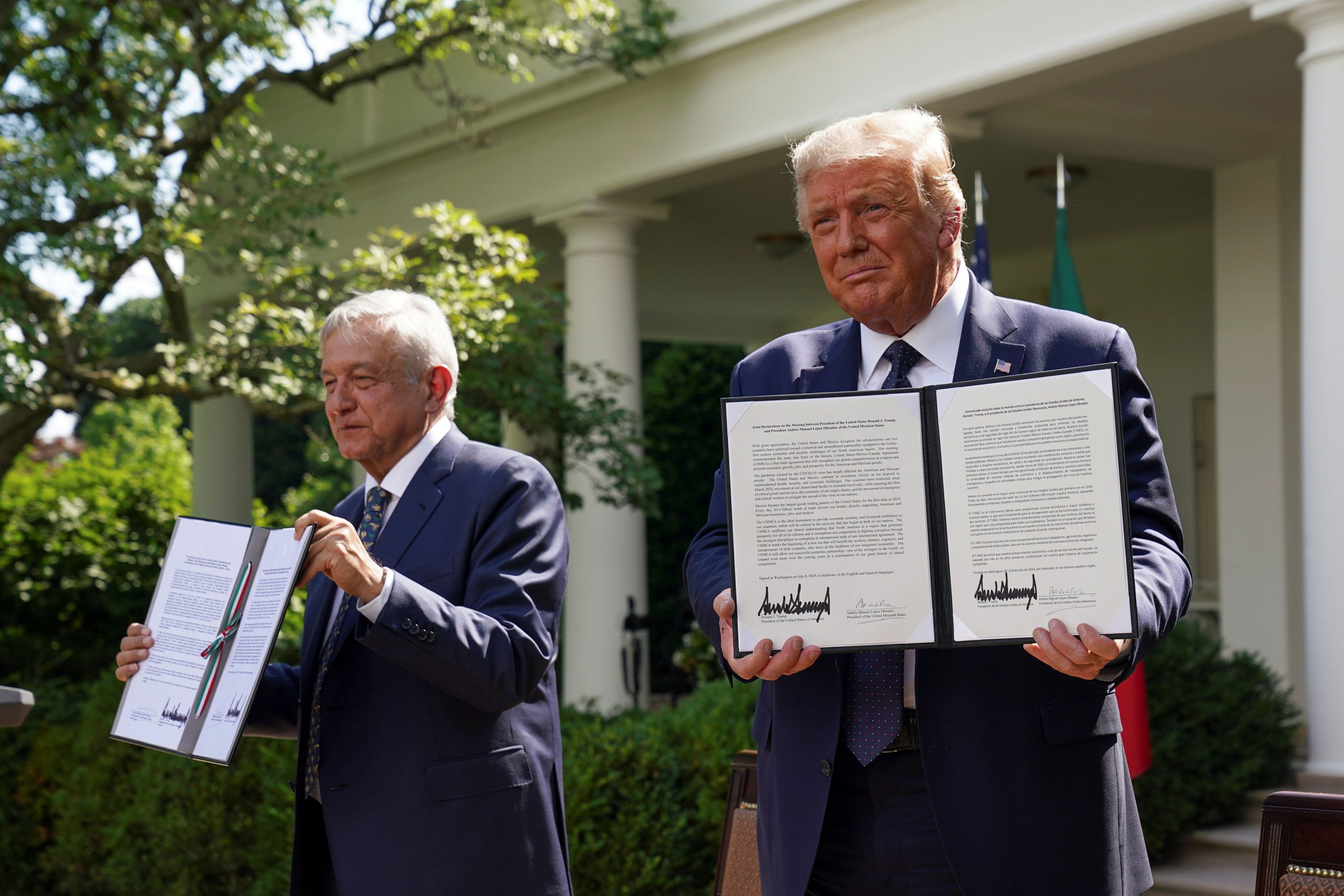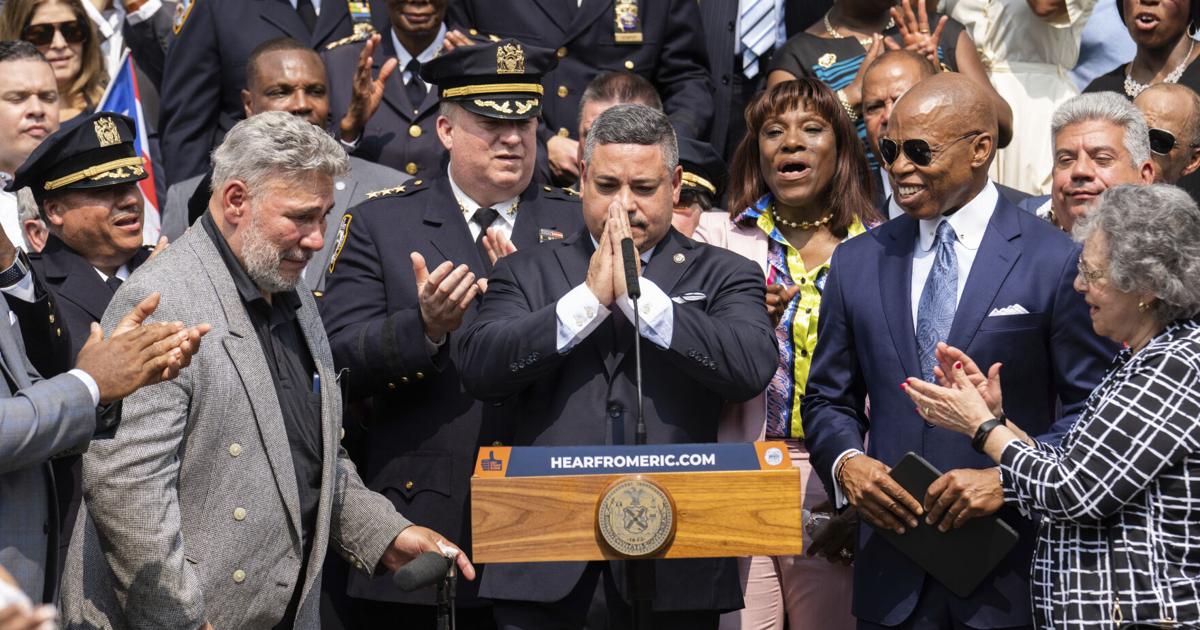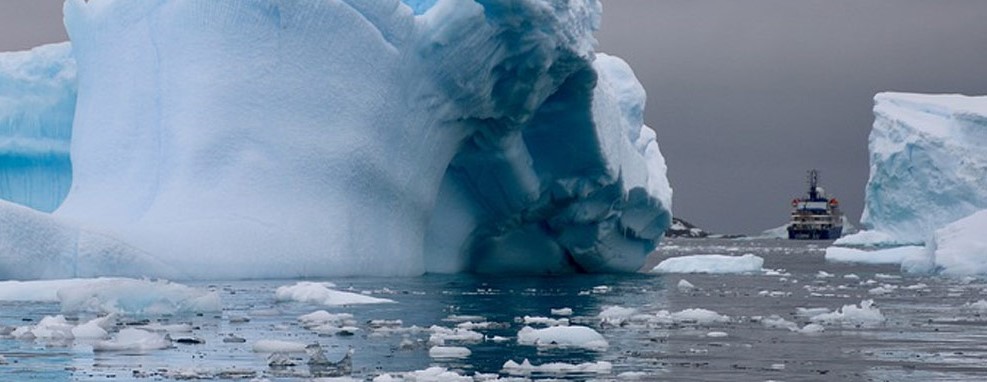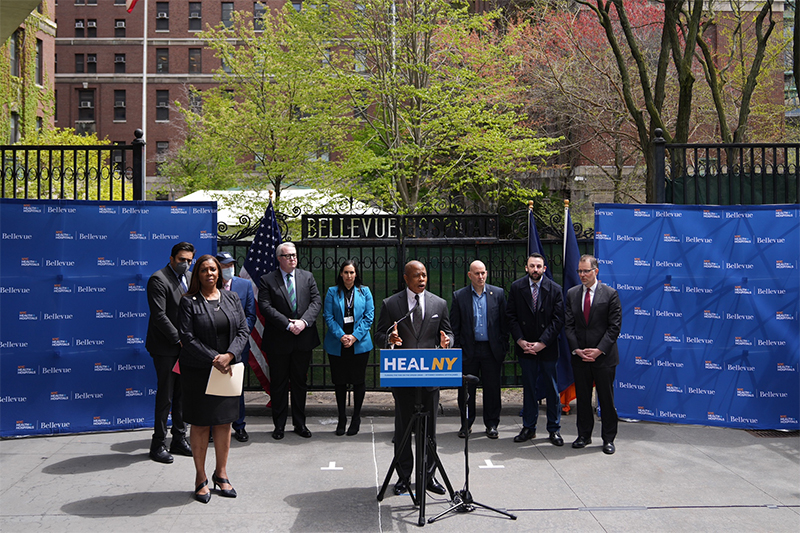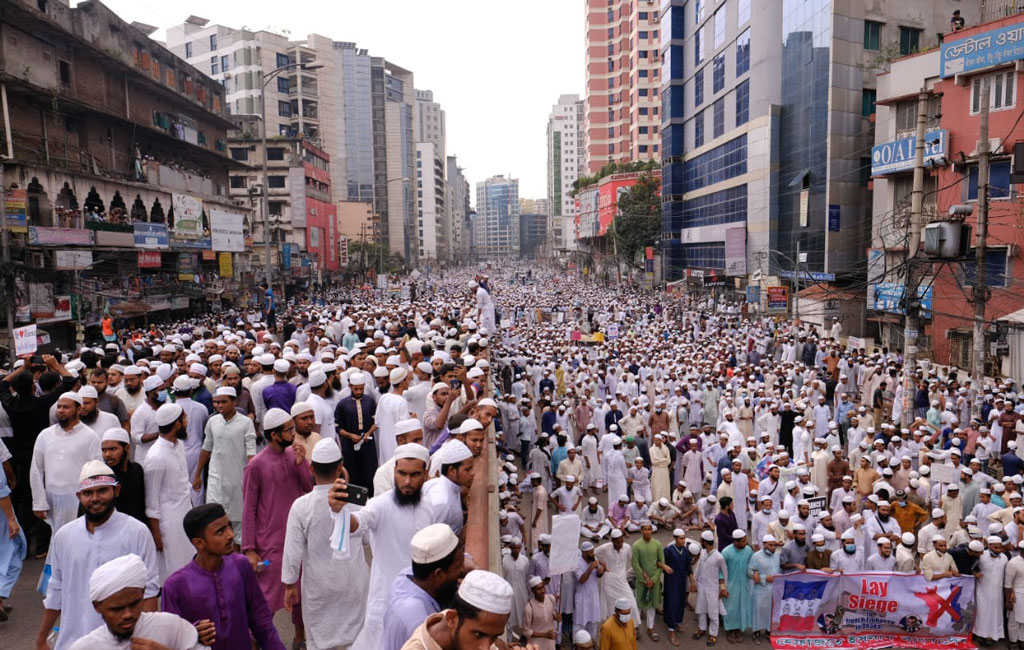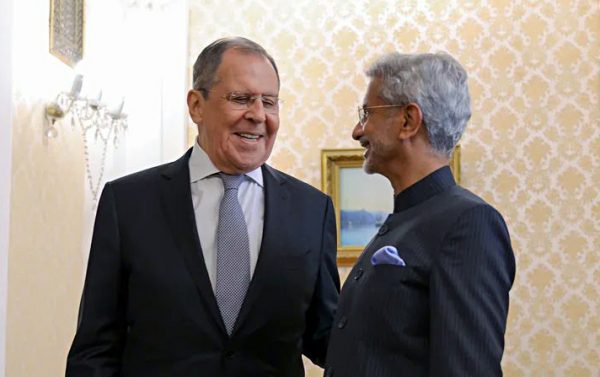While speculations are rife regarding the spread of the Israel-Hamas armed conflict to other parts of the region, there is a high probability for the Persian Gulf to get engaged in the war. Before delving into the impact on the Persian Gulf, it is important to note the situation on Iranian streets pre- and post-missile attacks on Israel
Dr. Lakshmi Priya
Claiming the right to self-defence under Article 51 of the UN Charter, Iran launched more than 300 drones and missiles against Israel on April 13–14, which were intercepted by Israel, the United States, the United Kingdom and Jordan. The attacks came in retaliation for the alleged Israeli bombing of the Iranian consulate in Syria on April 1, in which seven Islamic Revolutionary Guards Corps (IRGC) military advisors were killed. Iran had vowed to retaliate as President Raisi stated that the cowardly act—in which a top commander of the IRGC, Mohammed Reza Zahedi, and senior commander Mohammad Hadi Haji Rahimi were killed—will not go unanswered.
With the Iranian missile attack, Tehran’s retaliation is complete, but a response by Israel is imminent. Moreover, an attack on military air base near Isfahan is being perceived as Israel’s response, even though both the countries had a muted response. Notably, Israeli Cabinet Minister Benny Gantz said that Israel will exact a price from Iran when the time is ‘right’.
While speculations are rife regarding the spread of the Israel-Hamas armed conflict to other parts of the region, there is a high probability for the Persian Gulf to get engaged in the war. Before delving into the impact on the Persian Gulf, it is important to note the situation on Iranian streets pre- and post-missile attacks on Israel. The Iranian government has been under pressure from Iranian hardliners to react because of the long list of assassinations of Iranian leaders, scientists and military commanders.
Qassem Suleimani, who was assassinated in US drone strikes in 2020, was the ‘living martyr’ of Iran. Iranian military leaders are seen in high regard, and the killing of Zahedi and Rahimi struck a nerve in Iran. Iran’s approach to the issue resonated among the masses as demonstrators praised Tehran’s stand while expressing concern over the expected Israeli retaliation. The jubilant mood was evident from the fact that a mural art saying ‘the next slap will be fiercer’ was unveiled at Tehran’s Palestine Square as the protestors chanted ‘Death to Israel’ and ‘Death to America’.
The Iranian missile attack is a symbolic gesture on Tehran’s part to announce its potential and willingness to respond to Israeli provocations. The Chief of Staff, Mohammad Bagheri, mentioned that Iran’s light drone and missile attack aimed to destroy military bases without targeting civilian and economic interests. Besides gaining stature as a supporter of the Palestinian cause, the attack against Israel supports Iran’s claim of being an Islamic country with the capability and inclination to stand up to Israel and the United States. While Israel has demanded that the UN impose more sanctions on Iran and implement the JCPOA nuclear deals immediately, Iran has the experience of surviving under sanctions for decades.
Response of the GCC Countries
With the ongoing escalations, there is a possibility of the theatre of war shifting to the Persian Gulf, and the GCC countries are cautiously observing the situation. The presence of US bases and the significance of the Strait of Hormuz make the Persian Gulf important for the region and beyond. The GCC countries have given measured and balanced reactions to the Iranian attack. The Saudi Foreign Ministry has expressed concern over the military escalation in the region, warned of serious consequences if the conflict is expanded, and called for restraint from all parties to avert the dangers of war.
The UAE Ministry of Foreign Affairs called for exercising the utmost restraint so as to avoid serious repercussions and limit the war from expanding to the entire region. It also called for resolving conflicts through dialogue and diplomatic channels, adhering to the rule of law and respecting the United Nations Charter. Oman’s Foreign Ministry emphasized the importance of exercising restraint to spare the region and its people from the risks of war while calling for adherence to international law and the need for the United Nations Security Council to fulfil its responsibility towards maintaining international peace and security.
Qatar’s Ministry of Foreign Affairs expressed deep concern about the regional developments and called on all parties to halt escalation and exercise maximum restraint while urging the international community to take immediate action to defuse tension and de-escalate the situation in the region. It is interesting to note that while Saudi Arabia and the UAE shared intelligence information with the United States and Israel ahead of the Iranian attack at the behest of US officials, Qatar and Kuwait decided to not be linked in the retaliation against Iran, refused to allow military action from their soil, and barred US forces from using their air bases.
Security Concerns
Iran conveyed a message warning the United States that, in further aggressive Zionist moves through its bases or military assets across the region, Iran will not hold back from targeting the US bases in the Persian Gulf. Moreover, the Biden government has imposed new sanctions on Iran targeting leaders and entities connected to the IRGC, the Defense Ministry of Iran and the Iranian government’s missile and drone program. In case of the war reaching the Persian Gulf, energy security, economic stability and maritime navigation are bound to be affected.
Security is paramount for the GCC countries; the GCC Ministerial Council adopted the regional security vision in December 2023, mentioning that the security of GCC states is indivisible. The vision passed at the 158th session of the GCC reiterates that any threat or attack against one member state is an attack on all member states. One of the primary objectives of the vision is to build the future by settling disagreements through consensus-based solutions, and in this context, Qatar is playing an important role in reaching the ceasefire in the Israel-Hamas war.
Conclusion
Lastly, along with the security concerns, Iran’s missile attack on Israel has geopolitical implications. It suggests that Saudi Arabia’s chances of signing the Abraham Accords will become dim, and it will become difficult for the signatories, i.e., the UAE and Bahrain, to balance their ties with Israel and Arab neighbours. It also poses a challenge to the 2023 Saudi-Iran deal keeping in mind the coordinated efforts of the United States, Israel, Jordan, Saudi Arabia, Egypt, the UAE and Qatar in intercepting the Iranian drones and missiles from the war room at the Al Udeid Air Base near Doha.
This article first appeared on the website (www.icwa.in) of Indian Council of World Affairs, New Delhi, on April 24, 2024


















